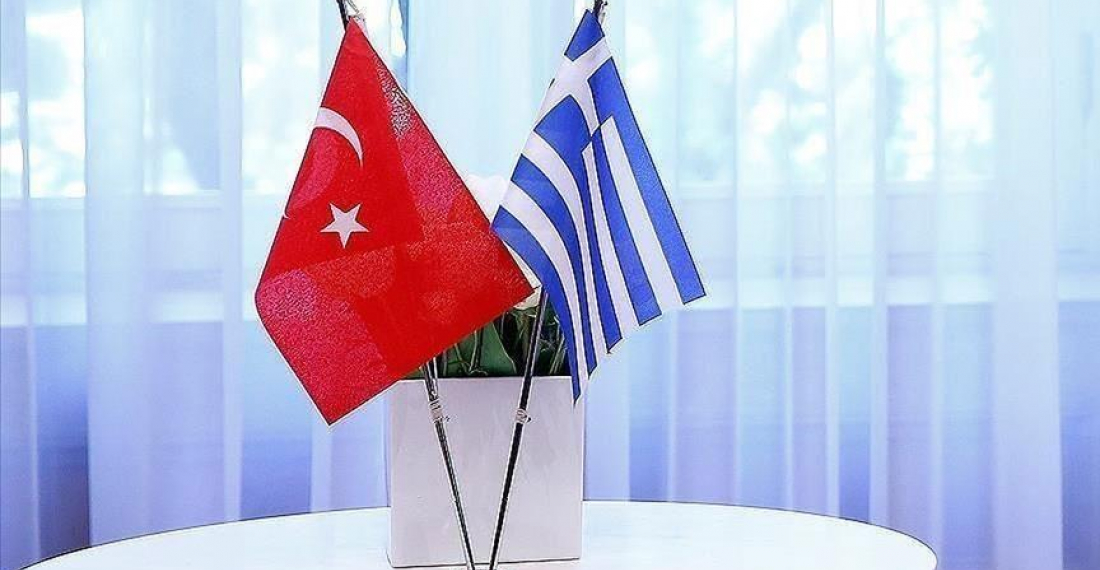The visit to Ankara last week of Greek foreign minister, Nikos Dendias, had many roller-coaster moments, leaving observers somewhat confused as to whether to describe the visit a success, or a failure.
The visit appeared to be going very well at first, with the Minister meeting Turkish president, Recep Tayip Erdogan, with both sides appearing on their best behaviour.
Both then came the final press conference of the two foreign ministers on Thursday where both, no doubt sensitive to their domestic audiences, returned back to negative rhetoric and mutual accusations.
In the end this was not what either side wanted. Beyond the fog of constant media coverage, Greece and Turkey are searching for a way forward. There is no lack of issues between the sides to spoil the relationship: from the Cyprus question to the situation in the Aegean, from the fate of the Turkish Muslim minority in Greece to the status of the Greek Patriarchate in Istanbul, there are many issues to keep the diplomats of the two countries busy for a long time.
On Friday, the Greek foreign ministry issued a statement in which it outlined its vision for a positive agenda in Greek-Turkish relations:
"Always committed to International Law and European values, Greece has specific positions that are well known. Regarding overall relations with Turkey – on the bilateral level and in the EU-Turkey framework – there have been and there are disagreements. However, at the same time, as stressed during Minister of Foreign Affairs Nikos Dendias’ meetings in Ankara yesterday, the Mitsotakis government has a clear will to promote a positive agenda in the relations between the two countries and a range of co-operation.
Especially in the economic and trade sector, the positive agenda can contribute to consolidating a climate of de-escalation and improvement of relations. The two sides also considered the strengthening of contacts between the two peoples, and in this direction there was an exchange of views on proposals that could be implemented following the pandemic. The Greek side, through the Deputy Minister of Foreign Affairs for Economic Diplomacy, Kostas Fragogiannis, proposed 15 points of cooperation in the economic sector. The Turkish side also put forward specific proposals.
The two sides agreed to work on the next steps in this sector during the upcoming meetings between the two countries, on all levels."
Turkey on its part, despite the loud rhetoric, also wants to stabilise its relations with Greece, and avoid any confrontation which may result in military escalations in the troubled relations between the two countries.
So, while it appears that relations will continue with their ups and downs in somewhat dramatic fashion, the two sides are clumsily edging towards some sort of reconciliation
Both NATO and the EU would be much relieved.






